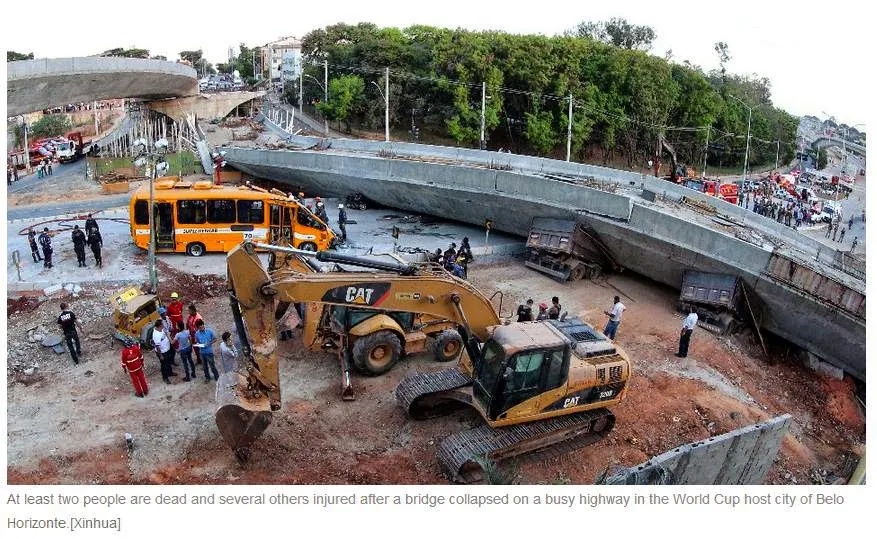A buried Brazil city has miraculously re-emerged from the depths of the Jaguari River.
The city of Igarata was submerged by the river's rising waters in 1969 after the Brazilian government built a dam on the Jaguari river.
For almost 46 years the old city has been hidden from human sight. However, a long period of drought that has struck the country resulted in much lower water levels in the river.
The Jaguari river has reportedly dried up to 100 feet below its previous levels. So far, old buildings of the "lost" city together with benches and trees have started reappearing on its surface.
Local media sources report that the city's structure has remained unchanged and its school and a church as well as the main street are still recognizable, although they have been submerged for nearly half a century.
Some of its former residents returned to the site to take a look at the city they have not seen nearly half a century. Many of them said they had mixed feelings regarding the event. Happiness caused by the reappearance of the city was overshadowed by concerns over the severe drought that has hit the state: the lack of rainfall has resulted in water shortages across the country and prompted local officials to consider imposing water rationing measures.
San Paolo, South America's most populous city, is among those most badly affected by the natural disaster.
[sputniknews.com]
8/2/15
---
Related:
-
The city of Igarata was submerged by the river's rising waters in 1969 after the Brazilian government built a dam on the Jaguari river.
For almost 46 years the old city has been hidden from human sight. However, a long period of drought that has struck the country resulted in much lower water levels in the river.
The Jaguari river has reportedly dried up to 100 feet below its previous levels. So far, old buildings of the "lost" city together with benches and trees have started reappearing on its surface.
Local media sources report that the city's structure has remained unchanged and its school and a church as well as the main street are still recognizable, although they have been submerged for nearly half a century.
Some of its former residents returned to the site to take a look at the city they have not seen nearly half a century. Many of them said they had mixed feelings regarding the event. Happiness caused by the reappearance of the city was overshadowed by concerns over the severe drought that has hit the state: the lack of rainfall has resulted in water shortages across the country and prompted local officials to consider imposing water rationing measures.
San Paolo, South America's most populous city, is among those most badly affected by the natural disaster.
[sputniknews.com]
8/2/15
---
Related:
-














 GR
GR FR
FR DE
DE ES
ES IT
IT RU
RU EU
EU